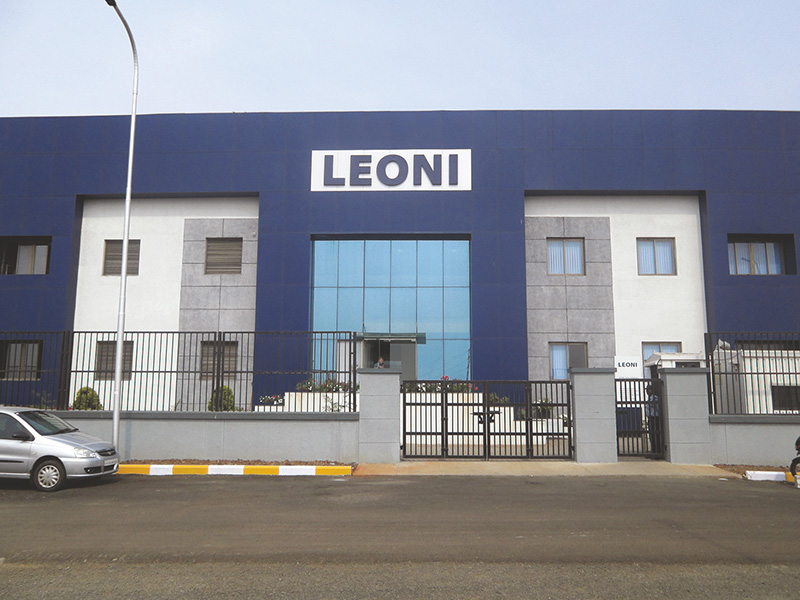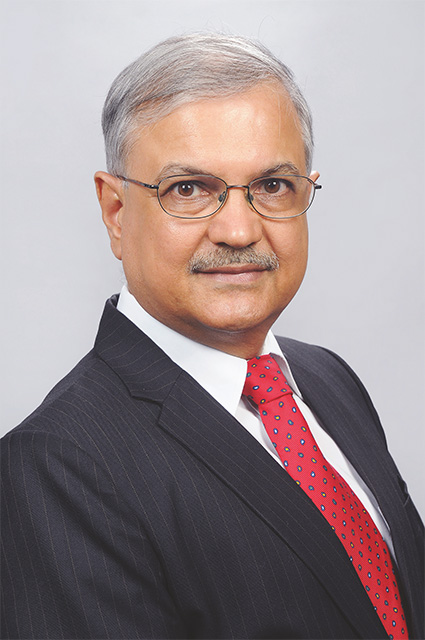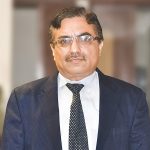A global supplier of wires, optical fibres, cables and cable systems as well as related development services for applications in the automotive business and other industries, LEONI offers customised solutions and complete systems with perfectly tuned components – from the cable to the required connectors and mountings.
It draws thin wires, processes them into cables for a very wide range of industrial applications and develops these into cable systems, cable harnesses or wiring systems. Tailor-made special cables covering all areas of applications are its particular strength.
Its customers are based in the automotive, capital goods, communications and electrical appliance industry.
The company is currently expanding its market position as system providers to automotive industry and gaining new customers as well as following on projects from its existing customers. At its facilities located around the world it researches and develops precise harmonised cables and components involving a high degree of synergy. With its presence around the world, the company is for a perfectly organised service distribution network globally.
In India, LEONI is located in Mumbai and Pune.
The Wire and Cable India (WCI) team recently carried out an interview with Mr. Pushpendra Singh, managing director, Leoni Cable Solutions (India) Private Limited, to get insights into LEONI’s ‘quality connection’ and future targets. Here are excerpts from this informative interaction.
WCI: Tell us about the history and achievements of LEONI.
Pushpendra Singh: In 1569, a small Franconian wire factory laid the foundation for today’s global player LEONI. At that time, Frenchman Anthoni Fournier began with a handful of staff in Nuremberg to produce the finest gold and silver threads, known as Lyonese wares, for precious embroideries. His sons established additional production facilities in the area. From these beginnings, Leonische Werke Roth-Nürnberg AG emerged in 1917. Ever since, our company’s ability to make changes and its fine sense for new developments both on the market and in customer requirements belong to the most important principles of the company, which was renamed LEONI AG in 1999. At the same time, solid values serve as orientation for acting in a predictable and responsible manner.
Represented in 32 countries, today’s LEONI Group has 88 subsidiaries, 92 production facilities, and about 60,000 employees. In 2012, its sales amounted to € 3.81 billion.
WCI: How do you ensure quality at LEONI? What is the role of your research and development team in ensuring quality? Do you think you need to invest more in research and development especially for Indian operations?
PS: LEONI has invested in machinery and test equipment with the latest technology selected from its vast and long experience with global equipment manufacturers. Most of the employees have undergone extensive training at its plants in Europe. Continuous support is provided by experts who visit India regularly. In a short period, the company was able to get ISO 9001 and Supply approvals from many of the customers. We have undertaken research and development for some of our products to make them more suitable to application conditions of the Indian market. It is a continuous process and is done based on market feedback.
WCI: What new products has LEONI launched?
PS: We have introduced a new range of railway cables for the Indian market, which offers the best features of BETATRANS cables with modifications to suit Indian conditions. For the oil, gas and petrochemical sector we have started manufacturing ICON brand of instrumentation cables as per the latest EN standards. In addition, we are offering special cables like sensor cables, Dacar data cables, MOCAR high temperature cables, etc., for automotive industry. The range of new developments is vast and is available for Indian customers.
WCI: What are LEONI’s success factors? Where does its core strength lie?
PS: LEONI focuses on core markets such as automotive and commercial vehicles, industry and healthcare, communication and infrastructure, electrical appliances and wires and strands. One of the company’s strengths is to quickly react to market changes and customer requirements. Also, with our long value chain reaching from wire drawing to manufacturing of complex cable assemblies and systems, we have an edge over our competitors. Besides, our worldwide presence allows us to serve customers globally, if required. Finally, quality is what characterises all our products and services.
WCI: When did LEONI become active in India? Are you satisfied with the performance of Leoni Cable Solutions (India) Private Limited?
PS: LEONI established its first company and office in India in 2006 for marketing and selling cables. In 2010, it established a new company and manufacturing unit for automotive wiring harness at Pune. In 2013…we have established a new cable manufacturing plant at Pune.
The new plant has a production area of around 15000 sq.m. and started manufacturing standard cables for the fast-growing automotive industry at the beginning of the year. At a later date, the new plant will also produce automotive special cables. Experts estimate the annual growth rate of the Indian automotive market amounting to about 12 per cent until 2016 then reaching 5.8 million locally produced units per year.
LEONI is also planning the local production of cables and cable systems for the renewable energy market in order to serve the rising demand in this field. The company offers a wide range of power and control cables for photovoltaic and solar power plants as well as wind turbines. Besides, the company will locally produce standard cables, application-specific special cables, ready-to-connect assembled cables, sub-systems as well as complete system solutions for rail vehicles such as high-speed trains, locomotives, trams, metros and cargo railcars.
Last but not least, the new facility has started production of cables for critical applications in oil and gas, petrochemicals, power plants, water treatment and other process industries. LEONI plans to export a major portion of such products to other countries.
We are satisfied with the rapid progress we have made in establishing this special cable unit. LEONI has been able to develop an excellent team of dedicated employees.
WCI: Tell us about the technology LEONI employs to run its core business. Is it planning to invest in new technologies?
PS: LEONI believes in using the latest technology machinery and highly sophisticated test equipment. It does continuous improvements in developing high-performance insulating materials and alternative conductors to enhance value for customers. LEONI also plans to install electron beam equipment by 2015 to manufacture the latest generation of very robust and durable cables for solar and railway applications.
WCI: What is LEONI’s role in environment protection? How do you define “green technology”?
PS: In our view, green technology encompasses all products, system solutions and services that make the use of energy more efficient and easier on resources, thereby reducing emissions and pollution of the environment. We have set ourselves the objective of becoming the most innovative and leading producer of cables for environmental technologies. This objective now constitutes a key element of our long-term corporate and growth strategy.
We want to continue to grow at a disproportionately strong pace in this segment and to expand what is in parts already our leading position in targeted environmental technology markets. This means that we are directing our portfolio of products and services towards six key markets for environmental technologies that have, based on scientific studies, been identified as dynamic areas of the future. These are environmentally friendly energy generation and storage, energy efficiency, efficiency of raw and other materials, recycling management, sustainable water management and sustainable mobility.
We are continuously striving to improve materials and their efficient use, which will reduce burden on scarce resources of the earth. We are recycling water, minimising wastage of energy and focusing our products on markets like renewable energy, eMobility, traffic, etc. We are operating a pollution-free facility. We ensure that no hazardous material is used.
WCI: What are your future targets?
PS: Our vision is to bring the entire range of LEONI products to India, which we see as a growth market.






